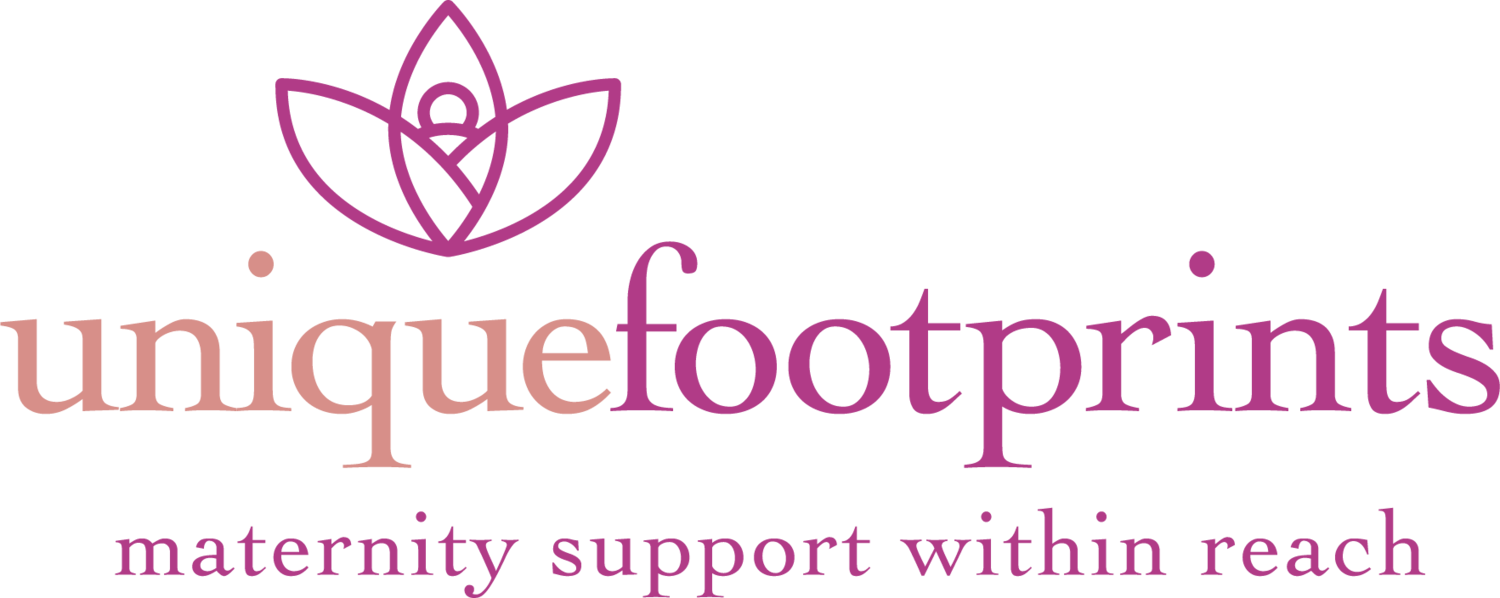Stress and Fertility
Stress during preconception can influence fertility. Stress can come in the form of psychological or psychosocial, with the most damaging effects coming from chronic or traumatic stressors. The physiological signs of stress communicate to the body that now is not the best time to conceive. Therefore, significant and persistent stress lowers the chances for conception. Even if the brain cannot identify specific stressors, generalized anxiety can still be felt in the body.
Stressing about stress can be stressful! Instead of getting mad at the body for not conceiving, it is best to listen to the stress signals as a sign that one needs to introduce relaxation and stress reduction into daily life so the body can prepare for a baby. The body and brain work together to protect the baby before conception even happens. This is because the intrauterine environment tells baby what life outside is like and sends messages to the developing brain and body on how to best prepare for this specific environment. If mom is stressed, baby will come with genetics and reactions built ready to survive in a stressful world (Chan, 2014). Stress during pregnancy can also produce children that as adults have greater challenges with weight gain, stress coping, immunity, ADHD, and also is correlated with higher antibiotic use in infants and children (Entringer, Buss, & Wadhwa, 2015; Chan, 2014).
It may be stressful if you’re having trouble getting pregnant. Try to manage daily stressors by getting plenty of sleep, regular exercise (endorphins and serotonin are great!) and eating a healthy diet. Relaxation techniques along with healthy relationships, and just having some good old fun can help too. Remember, you’re not alone. If you think stress is affecting your relationship or your sex life talk to your spouse and seek the counsel of your doctor or a therapist. Keep in mind that the most successful infertility approaches include groups that offer stress reduction and social support (Domar et al., 2000). Women who utilize stress reduction techniques and lower their stress levels achieve higher pregnancy rates (Domar et al., 2001).
Learn more about how stress affects fetal brain development and what you can do about it in detail from Unique Footprints Licensed Professional Counselor, Katharine Ottone, in the Unique Footprints Stress & Fetal Brain article.
Unique Footprints Authors:
Katharine Ottone, M.Ed., LPC
Katharine is the Unique Footprints Counselor, is a “Mom-Approved Therapist” from DFW Child Magazine. She’s a Licensed Professional Counselor, holds a Master’s degree from Texas Christian University, am on fellowship with their Ph.D. Counseling and Counselor Education Program, and serve as Adjunct Faculty for their Master’s Program. For just under a decade, she has worked with children and families at Fort Worth landmarks Cook Children’s Medical Center Psychiatry Unit, ACH Child and Family Services, The Art Station and TCU. She is an expert on solution-focused brief therapy for prenatal woman, children, families, developmental trauma and mindfulness.
Jenny Morrow, RN, IBCLC, LCCE, RYT
Jenny is a born and raised Texan who loves the feel of a book in her hands, an unshakable optimistic and refuels by time in nature. She’s a mom, neonatal nurse and founder of Unique Footprints (a fully realized, 100% digital pregnant and new mom resource). She created her company in the delivery room – literally! As a nurse assisting with deliveries and postpartum care, she directly witnessed families who did not feel prepared and were shocked through the transition into parenthood, and she knew there was a better way. Jenny has taught over 10,000 expecting families how to prepare for this time in their lives.
From the Unique Footprints editorial team and Jenny Morrow, founder of Unique Footprints. Unique Footprints follows strict reporting guidelines and uses only credible sources from ACOG, the American Academy of Pediatrics, CDC, the U.S. Surgeon Guidelines and the Academy of Nutrition and Dietetics. The UF TEAM also thoroughly researches peer-reviewed studies, academic research institutions and highly respected health organizations. Unique Footprints is endorsed by the American Pregnancy Association.
Savvy Sources
Chan, K. P. (2014). Prenatal meditation influences infant behaviors. Infant Behavior & Development, 37(4), 556-561.
Entringer, S., Buss, C., & Wadhwa, P. D. (2015). Prenatal stress, development, health and disease risk: A psychobiological perspective—2015 Curt Richter Award paper. Psychoneuroendocrinology, 62, 366-375.
Domar, A. D., Clapp, D., Slawsby, E., Kessel, B., Orav, J., & Freizinger, M. (2000). The impact of group psychological interventions on distress in infertile women. Health Psychology, 19(6), 568-575.
Domar, A. D., Rooney, K. L., Wiegand, B., Orav, E. J., Alper, M. M., Berger, B. M., & Nikolovski, J. (2011). Impact of a group mind/body intervention on pregnancy rates in IVF patients. Fertility and Sterility, 95(7), 2269-2273.

